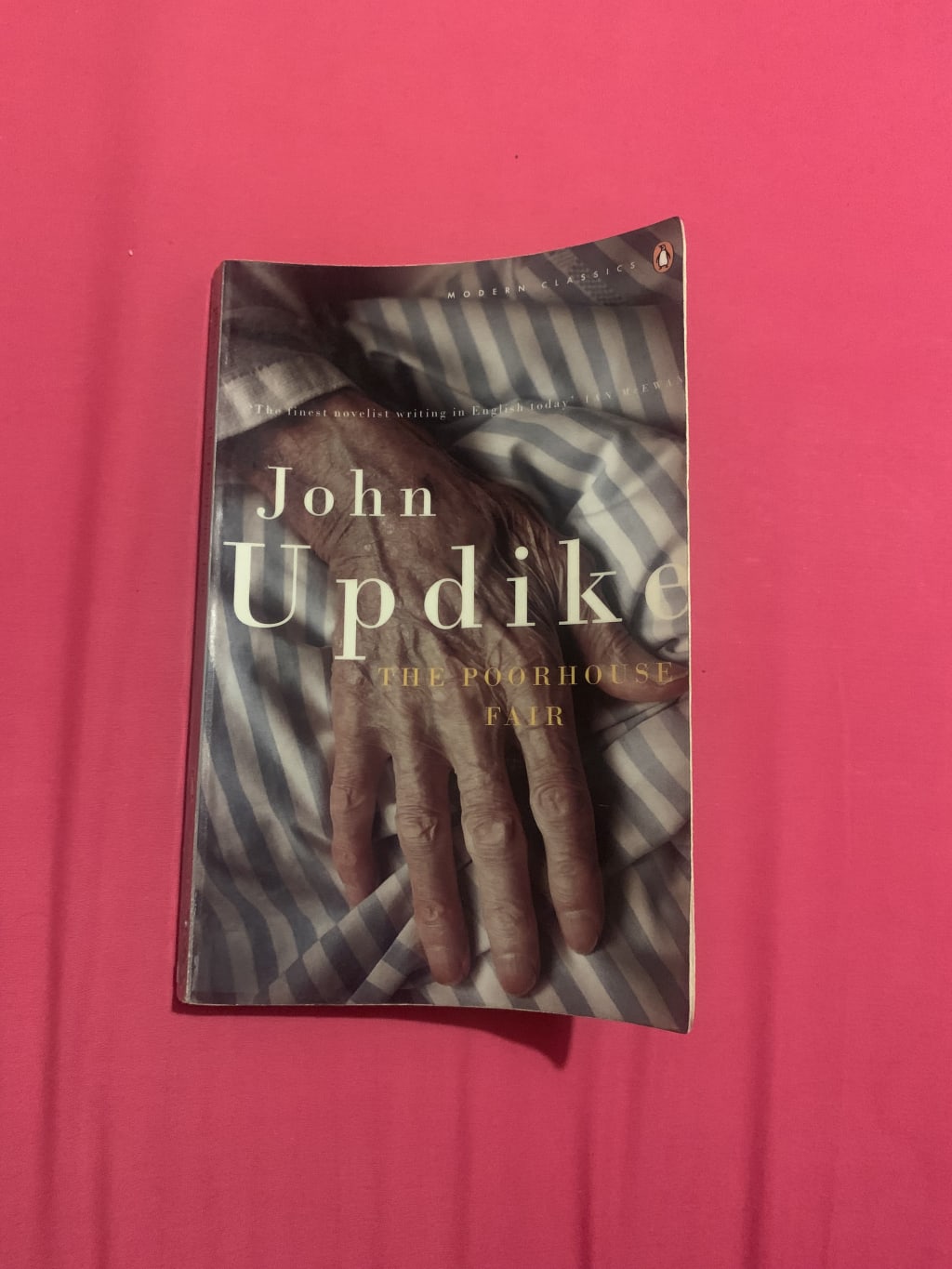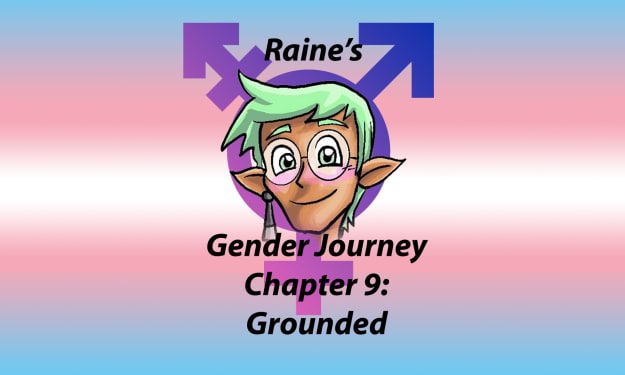Book Review: "The Poorhouse Fair" by John Updike
4/5 - I am confounded...

I'm still on the whole John Updike phase of my relationship with realism and honestly, I think this is one of the weirdest ones I have encountered yet. Spanning less than 130 pages, Updike's first novel The Poorhouse Fair is a difficult read to many people. First published in 1959, it often goes overlooked in Updike's collection purely because of its nature for 'going on a bit'. The random amblings of age and nature throughout the book have made it an irritable read for the 21st century reader. But I am not going to lie to you when I say that I actually really enjoyed it. Not as much as his other novels no, and certainly not as much as his shorter works either - but I still thought it was pretty good as a book. I happen to quite enjoy nothing happening in my novels and more dialogue, description, encounter. It really brings out the entire world you are going to exist in for a brief period of time.
The whole book centres around the idea of old and young, as opposed to simply young and old. The book itself tends to be an extended metaphor for how we can almost always confuse youth with riches, and yet, we all inevitably will get older and older. Set somewhere called the Diamond County Home for the Elderly, the book centres around the 'fair' in which the elderly sell their crafts to the rest of town (honestly, I think that is great. As someone who owns jumpers and hats knitted by late grandmothers, I would love this if it were in my hometown). But, there is a clear difference between the way in which the youth and the elderly interact with others, where the younger people display aggression without resolution, the elderly do not display that much aggression but have great resolution.
The first time they try to put the fair on, it is rained on and cannot go ahead. A young man called Connor argues with an elderly man of over ninety years' old, treating him with not even the basic respect of conversation and debate. Instead, Connor berates him. This not only stops the fair from going ahead for a while, but turns practically everyone against Connor for his lack of awareness for the elderly. There is something almost really sinister about that particular page - it is really strange to read about a young man with so little self-awareness living in a town with clearly a high number of ageing folk.
The difference in opinion is probably one of the main aspects of the whole book in which the young and old differ in views and their ways of expressing them. There are good and bad points about both, but the main thing that is depicted is the aggression of youth that lacks the backing of soul. Another thing that is depicted is the experience of the elderly that lacks the aggression to push the view into focus enough. When the folk of the home turn against Connor, things take a strange turn and though it is weird and difficult to make sense of, you can see the clear line between individualism and collectivism. The elderly are far better at the 'sense of community' aspect - even though they are referred to as the 'poorhouse'. Are they really poor? Or are they poor in individuality and age according to the youth of the town?
In conclusion, I feel like there is something clearly deeper in the novel that I have most likely missed. So forgive me as I am probably going to read it again. It has excited and yet, confounded me.
About the Creator
Annie Kapur
200K+ Reads on Vocal.
English Lecturer
🎓Literature & Writing (B.A)
🎓Film & Writing (M.A)
🎓Secondary English Education (PgDipEd) (QTS)
📍Birmingham, UK






Comments
Annie Kapur is not accepting comments at the moment
Want to show your support? Become a pledged subscriber or send them a one-off tip.